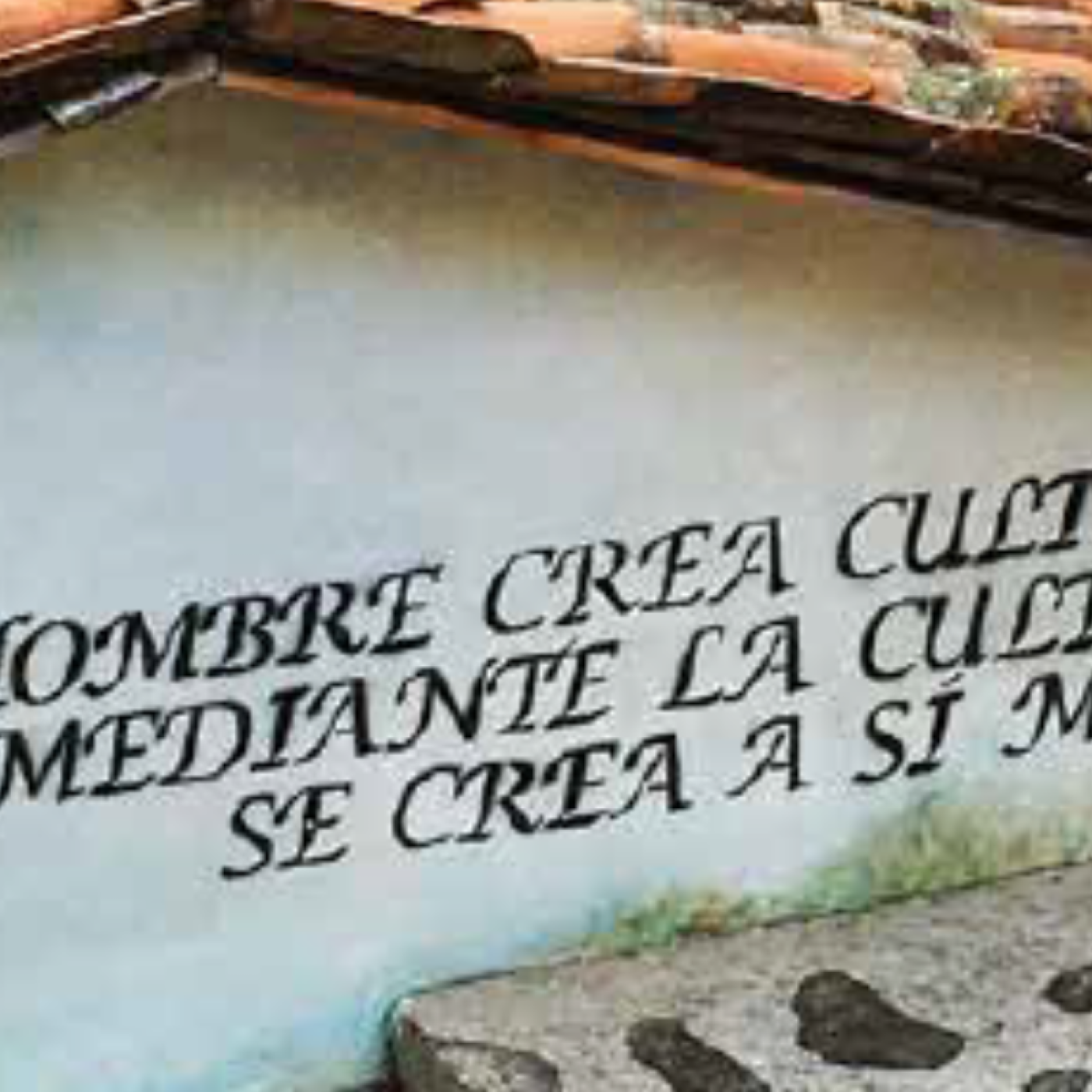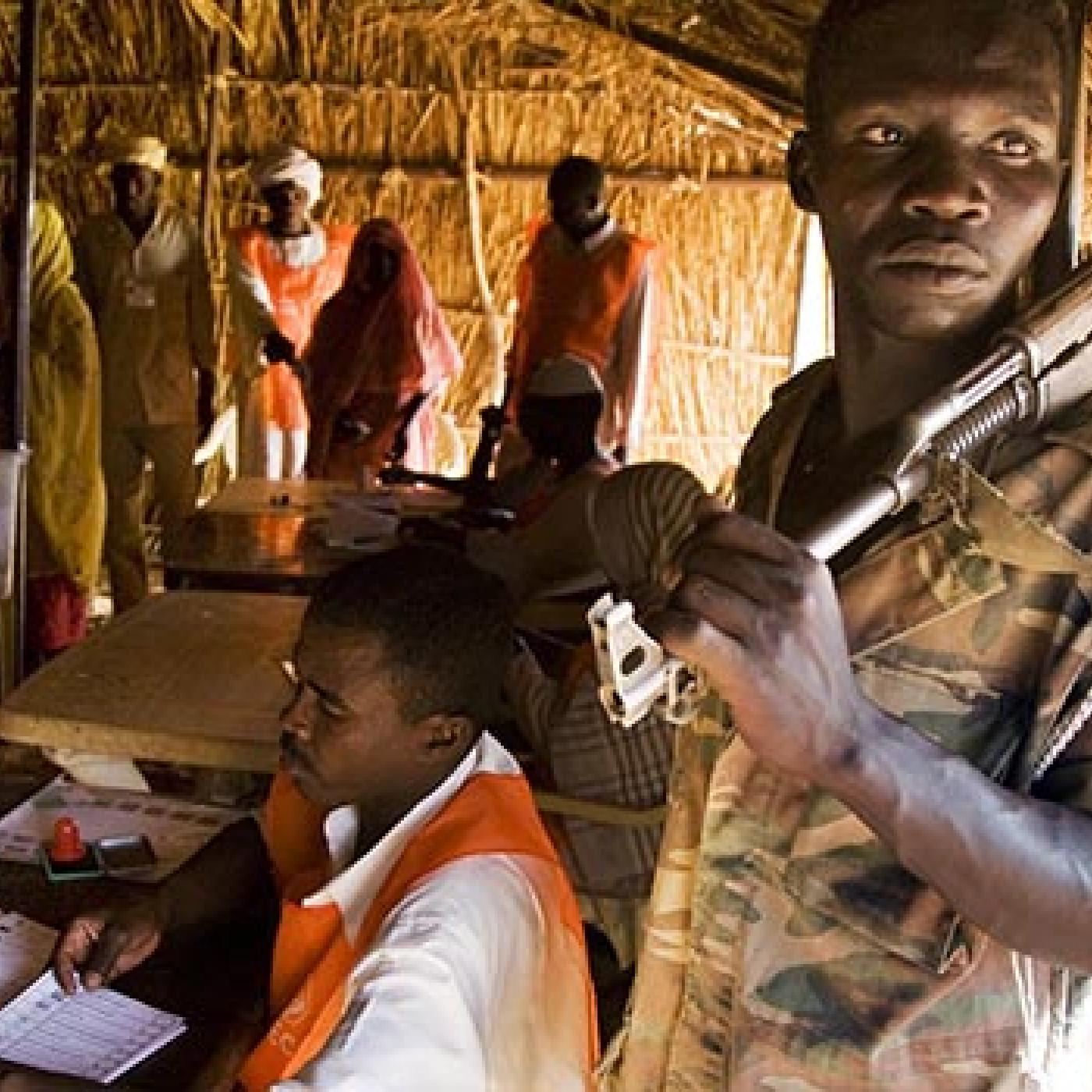Tools & Resources
Filter by
Type
Publication date
Language
Type
Publication date
Language
Image

Publication
Report/Paper
Study on Civic Culture and Coexistence in Honduras: The Construction of a Democratic Society: An Inconclusive Task?
IFES releases a study on civic culture and citizen coexistence in Honduras
October 18, 2024
Election FAQ
Elections in Honduras: 2021 General Elections
Hondurans will head to the polls on Nov. 28 to elect the President, members of the National Congress and members of the Central American Parliament.
Publication
Report/Paper
Overcoming Challenges to Democracy and Governance Programs in Post-Conflict Countries: CEPPS Lessons Learned
How can democracy and governance programs be more effective in post-conflict environments?
May 18, 2021
Election FAQ
Elections in Honduras: 2017 General Elections
On November 26, Hondurans will vote in general elections for regional, national and local officials. To help you understand this important electoral process, the IFES provides Frequently Asked Questions (FAQs) on Elections in Honduras: 2017 General Elections. IFES FAQs include:What is the election management body? What are its powers?What provisions are in place to promote gender equity in Honduras?How will voters with disabilities cast their ballots?How will election disputes be adjudicated?
Election FAQ
Elections in Algeria: 2017 Legislative Elections
On May 4, Algeria will hold elections for the People’s National Assembly. Voters will elect 462 members of the lower house of the bicameral Parliament. These elections will be the first since the Parliament adopted constitutional reforms last year.
Election FAQ
Elections in Burundi: 2015 General Elections
The Republic of Burundi currently has presidential elections scheduled for July 21, 2015 and senatorial elections scheduled for July 24, 2015. On June 29, 2015, Burundians voted in communal elections for 18 constituencies, in addition to voting in legislative elections for the National Assembly.
News & Updates
Feature
Civic Education for Free and Fair Elections in Burundi
Already marred by political tensions that have their roots in the 12-year civil war that ended in 2005 under the authority of the Arusha Peace and Reconciliation Agreement for Burundi, the 2015 elections will likely be a historic turning point, for better or worse, in Burundi’s democratic transition.
Publication
Brochure/Fact Sheet
Elections and Political Processes Program in Burundi
Burundi is scheduled to hold presidential and parliamentary elections in 2015, amid a political climate marked by a sense of polarization that has endured since the local election in 2010, when the ruling National Council for the Defense of Democracy-Forces for the Defense of Democracy (CNDD-FDD) won by a wide margin, and opposition parties boycotted the four elections that followed.
January 28, 2015
Publication
Report/Paper
Analysis of the Status of Women in Burundi’s Political and Electoral Processes
Burundi is one of few countries in the world to have adopted a gender quota for its legislature in an effort to promote the inclusion and participation of women in the political process. As such, it presents an informative case study on the impact a gender quota can have as a catalyst for more progressive and inclusive governance. Given the International Foundation for Electoral System’s (IFES) commitment to gender equality and women’s participation in electoral processes and government, a thorough analysis demonstrating the effectiveness of quotas is a vital effort that aids IFES in supporting their use as a tool for democratic progress.
July 17, 2014
News & Updates
Feature
IFES Holds Post-Election Evaluation and Institutional Modernization Workshops in Honduras
Once and for all, the November 2013 general elections in Honduras closed a significantly difficult chapter in the country’s history. After more than four years of holding its breath, wandering in a sort of purgatory, Honduras was able to fully regain its democratic footing. In the process, the country’s political landscape experienced deep changes; no longer is Honduras a two-party country, but rather a multi-party democracy with a promising future for political diversity. Indeed, Honduran democracy has not only been fully restored, it has also evolved.




